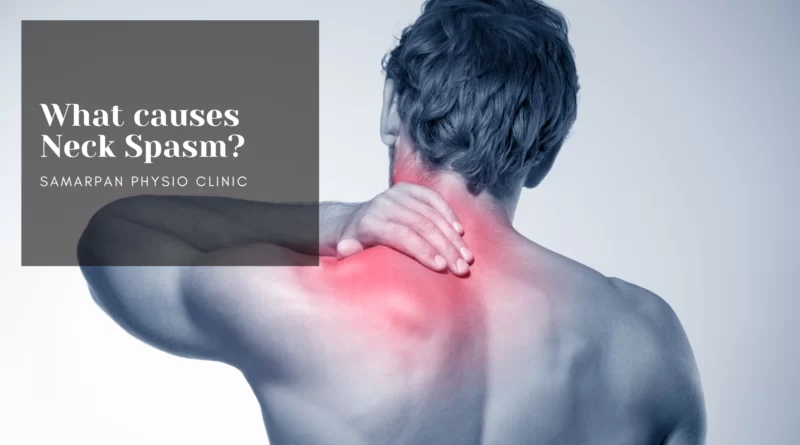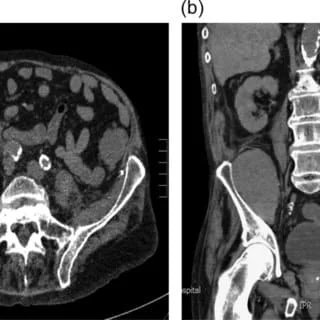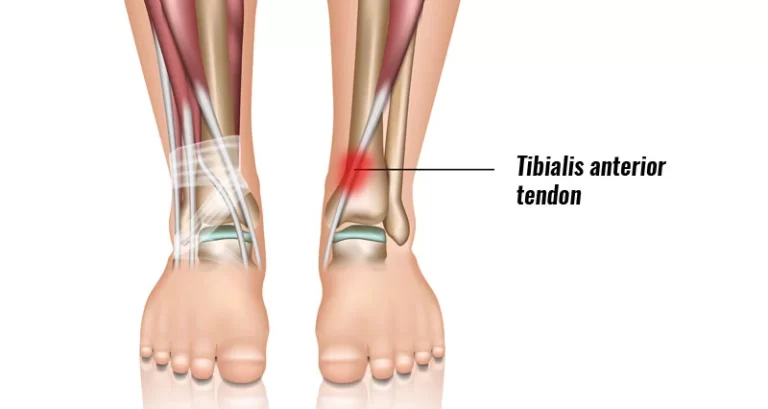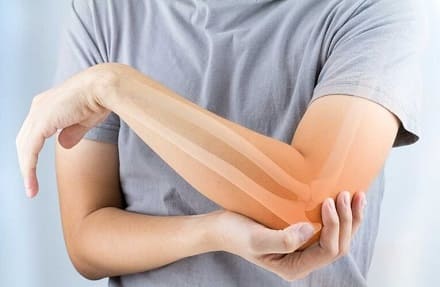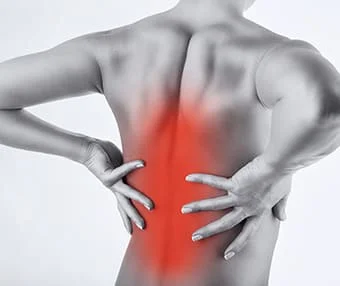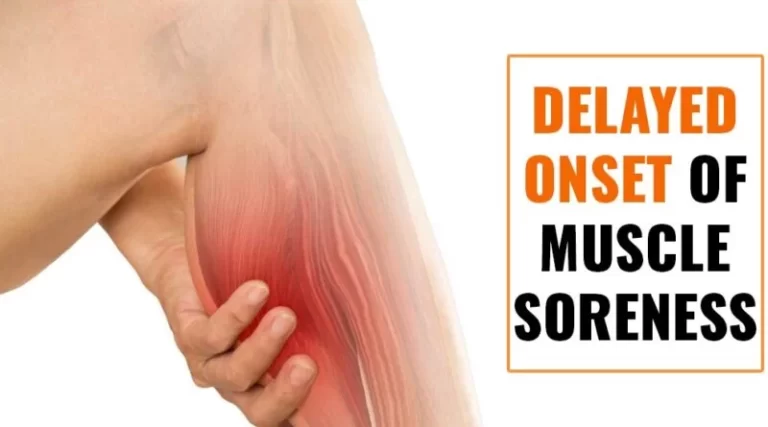What causes Neck Spasm?
Neck spasm, also known as a muscle spasm or cramp, refers to a sudden, involuntary contraction or tightening of the muscles in the neck. This can cause pain, discomfort, stiffness, and limited mobility in the neck area.
The neck is composed of several muscles that are responsible for supporting the head and neck movements, and when these muscles contract excessively, they can cause neck spasms. Neck spasms can be caused by a variety of factors such as poor posture, muscle strain, injury, stress, dehydration, or neurological disorders. They can occur suddenly and may last for a few seconds or several minutes.
Table of Contents
Causes of Neck Spasm
Neck spasms can be caused by a variety of factors, ranging from muscle strain to underlying medical conditions. Here are some of the common causes of neck spasms:
- Poor posture: Poor posture, such as slouching or holding the head forward for extended periods, can put stress on the neck muscles and lead to spasms.
- Muscle strain: Overuse or injury to the neck muscles, such as from lifting heavy objects or sudden movements, can cause muscle strain and lead to spasms.
- Dehydration: Dehydration can cause electrolyte imbalances in the body, which can result in muscle cramps and spasms.
- Stress: Emotional stress can cause tension in the neck muscles, leading to spasms.
- Cervical dystonia: This is a neurological condition that causes involuntary muscle contractions and spasms in the neck.
- Pinched nerve: A pinched nerve in the neck can cause muscle spasms, along with pain, numbness, and tingling in the affected area.
- Osteoarthritis: This degenerative joint condition can affect the cervical spine and lead to muscle spasms.
- Herniated disc: A herniated disc in the neck can put pressure on the surrounding nerves and muscles, causing spasms.
- Fibromyalgia: This chronic pain condition can cause muscle spasms and stiffness, including in the neck area.
- Infections: Certain infections, such as tetanus or meningitis, can cause muscle spasms throughout the body, including the neck.
Symptoms of Neck Spasm
The symptoms of neck spasms can vary depending on the severity and underlying cause of the spasm. Some of the common symptoms of neck spasms include:
- Pain: Neck spasms can cause sudden and intense pain in the neck area. The pain may be sharp, shooting, or dull and achy.
- Stiffness: Neck spasms can cause stiffness and reduced range of motion in the neck. This can make it difficult to turn the head or move the neck in certain directions.
- Muscle tightness: Neck spasms can cause the muscles in the neck to feel tight and knotted.
- Headaches: Neck spasms can cause tension headaches, which are characterized by a band-like sensation around the head.
- Tingling or numbness: In some cases, neck spasms can cause tingling or numbness in the arms, hands, or fingers.
- Weakness: Neck spasms can cause weakness in the neck muscles, making it difficult to hold the head upright or maintain good posture.
- Dizziness: Severe neck spasms can cause dizziness or vertigo, which can make it difficult to stand or walk.
- Difficulty swallowing: In rare cases, severe neck spasms can cause difficulty swallowing or breathing, which requires immediate medical attention.
Treatment of Neck Spasm
Neck spasms, also known as muscle cramps or muscle spasms in the neck, can be a painful and uncomfortable condition. Fortunately, there are several treatment options available to alleviate symptoms and promote healing.
One of the most common treatments for neck spasms is rest. Taking a break from activities that may be causing the spasms, such as prolonged computer use or lifting heavy objects, can help to reduce muscle tension and promote healing.
Over-the-counter pain medications, such as acetaminophen or ibuprofen, may also be helpful in reducing pain and inflammation associated with neck spasms. Muscle relaxants, which require a prescription, can also be effective in reducing muscle tension and promoting relaxation.
Physical therapy may be recommended to help improve neck strength and flexibility. A physical therapist can teach exercises and stretches that can help to alleviate neck spasms and prevent future episodes. They can also provide manual therapy, such as massage or spinal manipulation, to promote healing and reduce pain.
In some cases, alternative therapies, such as chiropractic care and acupuncture, may be recommended. These therapies can help to relieve muscle tension and promote healing without the use of medication.
Prevention
Preventing neck spasms can be challenging, but there are several steps you can take to reduce your risk of experiencing them. Here are some tips for preventing neck spasms:
Practice good posture: Poor posture can put unnecessary strain on the neck muscles and lead to muscle tension and spasms. Make an effort to sit up straight and avoid hunching over or slouching.
Take frequent breaks: If you spend a lot of time sitting at a desk or looking at a computer screen, take regular breaks to stretch and move your neck muscles. This can help to prevent muscle tension and spasms.
Stay hydrated: Dehydration can contribute to muscle cramps and spasms. Make sure to drink enough water throughout the day to stay yourself hydrated.
Use proper lifting techniques: When lifting heavy objects, use your legs instead of your back to avoid straining the neck muscles.
Stretch regularly: Incorporate neck stretches into your daily routine to help keep your neck muscles loose and flexible.
Exercise regularly: Regular exercise can help to strengthen the neck muscles and prevent muscle tension and spasms.
Manage stress: Emotional stress can cause muscle tension and spasms in the neck. Try healthy ways to to relieve stress, such as deep breathing exercises, meditation or yoga.
Preventing neck spasms involves practicing good posture, taking frequent breaks, staying hydrated, using proper lifting techniques, stretching regularly, exercising regularly, and managing stress. By taking these steps, you can reduce your risk of experiencing neck spasms and improve the overall health and mobility of your neck muscles.

